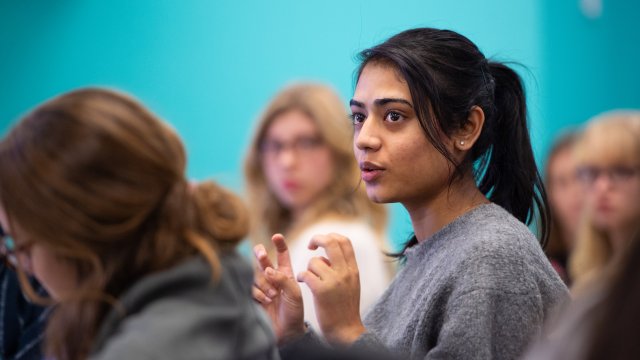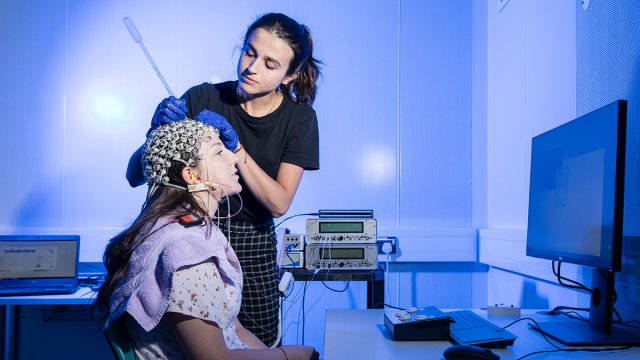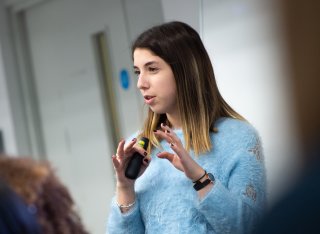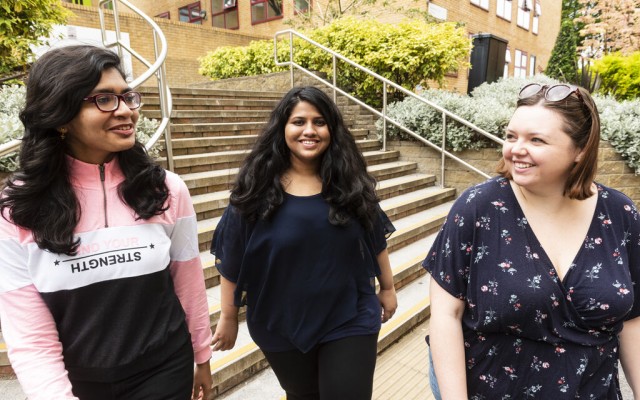School of Psychology
Our School of Psychology is advancing the state of knowledge surrounding creativity, perception, behaviour and the very processes involved in thinking itself.
Upcoming events
Head of School
Professor Roi Cohen Kadosh
Head of School of Psychology and Professor of Cognitive Neuroscience
In 2021 I moved from the University of Oxford to the University of Surrey to take the Headship of the School of Psychology. Here is a short bio:I received PhD in Neuropsychology (summa cum laude, direct track) under the supervision of A. Henik from the Ben-Gurion University in 2007My postdoc with V. Walsh (UCL) was funded by The International B...
Stay connected
Latest tweets
@SurreyPsych

Sign up now for our #CBTMasterclass with @AnouskaLongley #CounsellingPsychologist on 8 June discussing… https://t.co/IHxDOygcHl

Sign up now for our #CBTMasterclass with @AnouskaLongley #CounsellingPsychologist on 8 June discussing… https://t.co/LSsIabD6l9

Sign up now for our #CBTMasterclass with @AnouskaLongley #CounsellingPsychologist on 8 June discussing… https://t.co/vtG5KYZpSD










